CBSE Class 10 Syllabus 2025–26: Subject-Wise Topics & Weightage Explained
Preparing for the CBSE Class 10 Board Exams in 2025–26? Understanding the syllabus is the first step toward smart and effective preparation. In this blog, we break down the latest CBSE Class 10 syllabus for all major subjects—Math, Science, Social Science, English, and Hindi. From topic-wise chapters to marks distribution and exam patterns, get a clear overview of what to expect and how to plan your studies for maximum success.
The CBSE Class 10 Board Exams are a major academic milestone in a student’s life. With the new academic session 2025–26 underway, it’s important to be aware of the latest syllabus to plan your studies effectively. This blog provides a detailed, subject-wise breakdown of the updated CBSE Class 10 syllabus along with topic-wise weightage to help you prepare smartly.
CBSE Class 10 Subjects Covered:
- English Language & Literature
- Mathematics
- Science
- Social Science
- Hindi (Course A & B)
- Information Technology (Optional)
English Language & Literature
- Sections: Reading, Writing & Grammar, Literature
- Key Topics & Weightage:
- Reading Comprehension: 20 marks
- Writing & Grammar (letter writing, analytical paragraph, tenses, modals, etc.): 20 marks
- Literature (First Flight & Footprints Without Feet): 40 marks
- Tip: Focus on practicing unseen passages and previous year writing formats. Revise NCERT textbook thoroughly.
Mathematics (Standard & Basic)
- Units and Weightage:
- Number Systems: 6 marks
- Algebra: 10 marks
- Coordinate Geometry: 6 marks
- Geometry: 15 marks
- Trigonometry: 12 marks
- Mensuration: 10 marks
- Statistics & Probability: 11 marks
- Tip: Focus on solving NCERT problems and sample papers. Understand concepts rather than memorizing formulas.
Science
- Units and Weightage:
- Chemical Substances – Nature & Behaviour: 25 marks
- World of Living: 23 marks
- Natural Phenomena: 12 marks
- Effects of Current: 13 marks
- Natural Resources: 7 marks
Tip: Perform experiments wherever possible. Diagrams and definitions are scoring areas.
Social Science
- Units and Weightage:
- History (India and the Contemporary World – II): 20 marks
- Geography (Contemporary India – II): 20 marks
- Political Science (Democratic Politics – II): 20 marks
- Economics (Understanding Economic Development): 20 marks
Tip: Use timelines, maps, and flowcharts for quick revision. Focus on NCERT-based answers.
🇮🇳 Hindi (Course A & B)
- Sections: Reading, Writing, Grammar, Literature
- Reading Comprehension: 10 marks
- Writing Skills: 10 marks
- Grammar: 16 marks
- Literature: 44 marks
Tip: Practice grammar daily and understand the literary context of poems and prose.
Information Technology (Optional)
- Key Areas:
- Employability Skills
- Subject-Specific Skills (IT tools, spreadsheet, digital documentation)
- Tip: Focus on practical knowledge and hands-on assignments.
Final Tips for Students:
- Stick to the NCERT textbooks as your primary resource.
- Solve CBSE sample papers and previous year papers.
- Make a realistic study schedule and revise regularly.
- Focus on understanding concepts over rote learning.
Stay focused, stay consistent, and you’ll be well on your way to acing the CBSE Class 10 Board Exams 2025–26!
Stay tuned for more subject-wise strategies and exam updates!
Latest Posts
- How to Check BSEB 12th Result 2025: Step-by-Step Guide for Bihar Board Students
- Life After 12th: Top Career Paths & Courses to Shape Your Future
- Thinking of Taking Arts? See Where It Can Lead You
- top-10-career-options-after-10th-board-exams-you-should-know
- best career options after 12th and get expert career guidance after 12th.
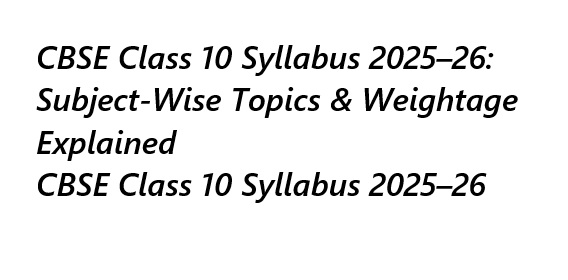

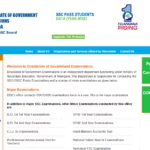

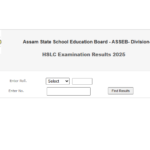
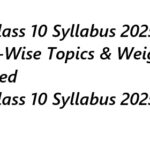

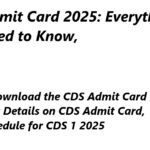
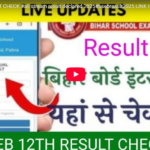


Leave a Reply